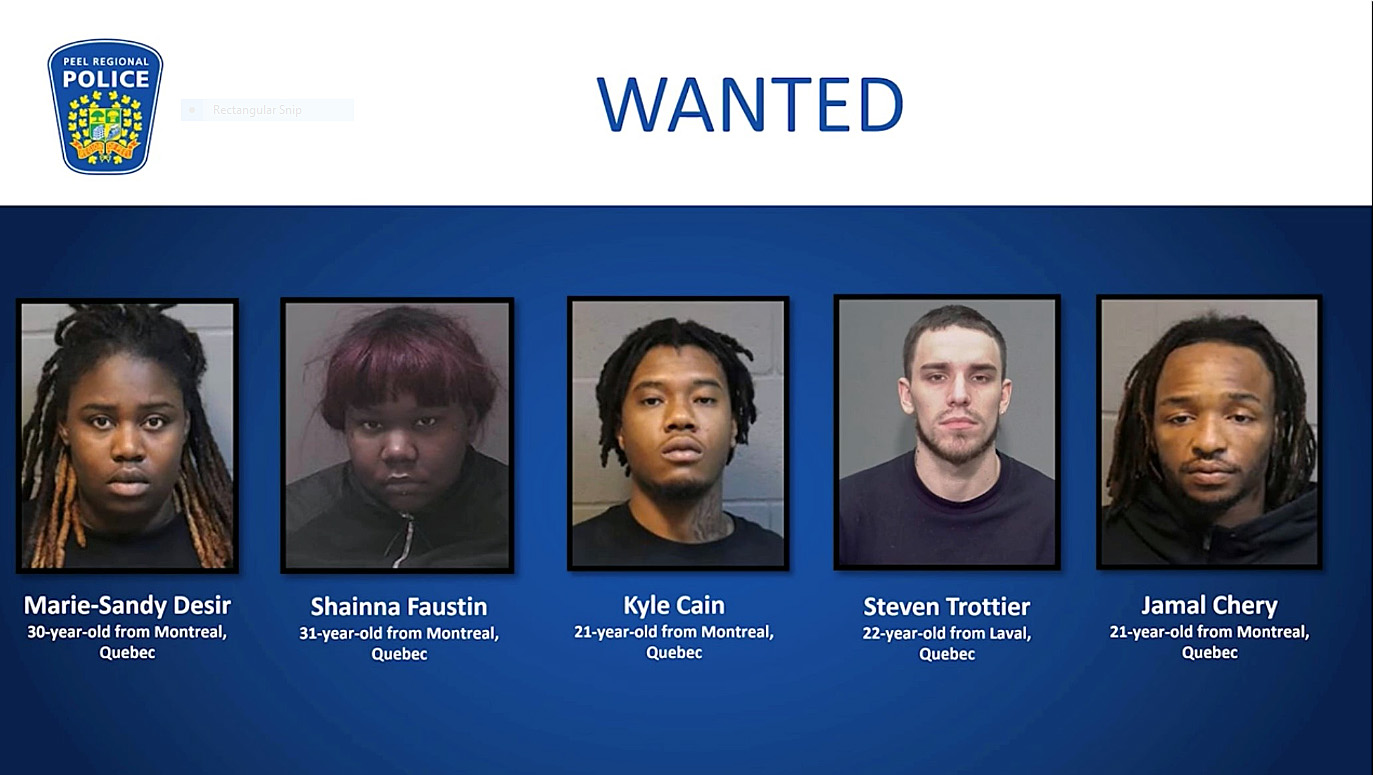Tech
A Toronto man killed his mother and decapitated her. His lawyers argue it wasn’t murder

Warning: Readers may find the content in this article disturbing
A “lifetime of abuse” led Dallas Ly to snap and repeatedly stab his mother inside their Leslieville apartment in 2022, but he never intended to kill her, his defence lawyers argued during his murder trial in Toronto on Thursday.
Ly, 23, has pleaded not guilty to second-degree murder in the death of his mother, Tien Ly. She died after being stabbed multiple times at a residence at Carlaw Avenue and Dundas Street East residence in March 2022.
The 46-year-old woman was found nearby, on Eastern Avenue. She had been decapitated and her body parts were concealed in three garbage bags. Ly was arrested days later, on April 2, 2022, near Yonge and Dundas streets.
Throughout his trial, and in Thursday’s closing arguments, lawyers for Ly have argued that he suffered years of abuse at the hands of Tien, who asserted significant control over her son’s life.
“Mr. Ly admitted from the beginning of this trial that he caused his mother’s death,” defence co-counsel, Jessyca Greenwood, told the jury at the start of Thursday’s closing arguments. “[He] has never tried to justify what he did, he’s only tried to explain his state of mind.”
Last week, Ly told the jury his mother would beat him with shoes, her fists and a wooden backscratcher that left scars. They were shown a photo of Ly’s back with red bumps and scarring that Ly said was caused by his mother scraping him with the backscratcher. She would also often call him stupid and lazy, he testified.
“She was cruel and she abused him,” Greenwood told the jury, adding that, until the spring of 2022, Ly had never fought back against his mother, describing him as a “soft-spoken” and “mild-mannered” individual.
“He was raised to keep [his mother’s conduct] a secret. He believed it was normal, […] that he deserved it,” Greenwood said.
On the day of the homicide, Ly testified that he’d expressed a desire to move out of his mother’s house. An argument ensued in which he said Tien threatened to harm both him and his aunt if he left the home, the court heard. It turned physical, with Ly testifying that Tien punched him in the face.
In a moment of “fear and overwhelm,” as described by Ly’s lawyers, he stabbed his mother with a hunting knife he’d stored in his backpack.
During his time on the stand, Ly called the incident a “bit of a blur.”
“I saw red everywhere. I don’t know how many times I stabbed her,” he told the court.
Ly told the jury he at first failed to believe the incident had been real — that he spent several hours lying in bed after the act, and even tried to call his mother’s phone multiple times. But as time passed, he said that the reality came into focus.
Ly then said he panicked and attempted to decapitate his mother’s corpse before loading it into garbage bags and attempting to dispose of it on the nearby roadside using a shopping cart.
Exhibit from the Ontario Superior Court of Justice.
His lawyers have argued his actions were in part explained by an ongoing diagnosis of post-traumatic stress disorder (PTSD) caused by years of abuse. Called by the defence, Dr. Mitesh Patel, a psychiatrist at Youthdale Treatment Centre, said that he found evidence of a “significant and long-standing” history of severe child abuse and neglect.
He also found that Ly was suffering from PTSD and major depressive disorder when he killed his mother and that the diagnoses could have played a role in his actions.
While prosecutors conceded to the jury that Ly had indeed been subject to “severe childhood abuse,” they have called into question whether he suffered from the condition prior to his mother’s death and suggested it possible that Ly had developed PTSD as a result of the homicide.
On Thursday, assistant Crown attorney Jay Spare painted a different picture of Ly to the jury, suggesting to the jury there had been no sufficient evidence present to suggest the man suffered from a mental health condition prior to the killing.
“He saw red and he lost it because of his anger [..] he didn’t have PTSD at the time, he lost his temper,” Spare said in the crown’s final arguments.
The prosecution argued Patel’s assessment and subsequent diagnosis of PTSD had been in large part “based on Dallas’ version of things,” and suggested the psychiatrist had been rendered impartial by the years of abuse Ly faced.
The homicide was not influenced by a mental health condition developed over years of abuse, the prosecutor argued, but carried out in anger at his mother. Ly’s accounts, given to the psychiatrist and later to the jury while on the stand, have shifted over time, Spare suggested, with Ly describing his mother more and more aggressively over time, he said.
Spare walked the jury through Ly’s post-offence conduct, including the dissociative state he described entering after the stabbing and his attempt to dismember and ditch his mother’s corpse.
“If he didn’t intend to kill her, why didn’t he do anything to prevent her from dying?” the lawyer asked the jury. “She laid there in a pool of blood, he didn’t try and save her, he didn’t call 911, he just went and washed his hands, as if the result was what he intended.”
Spare also outlined a “concerted” effort by Ly to escape the area following his actions – the court heard he purchased a one-way ticket to Vietnam, and, after being stopped at the airport, made attempts to flee to the U.S., Vancouver, Niagara, and Hamilton.
“He was trying to distance himself from his mother and the crime.”
The trial will reconvene on Tuesday when Superior Court Justice Justice Paul Thomas O’Marra is expected to give his charge to the jury. Over the weekend, they have been instructed not to talk with anyone about the case nor seek advice on the proceedings.








